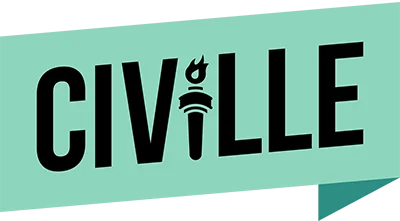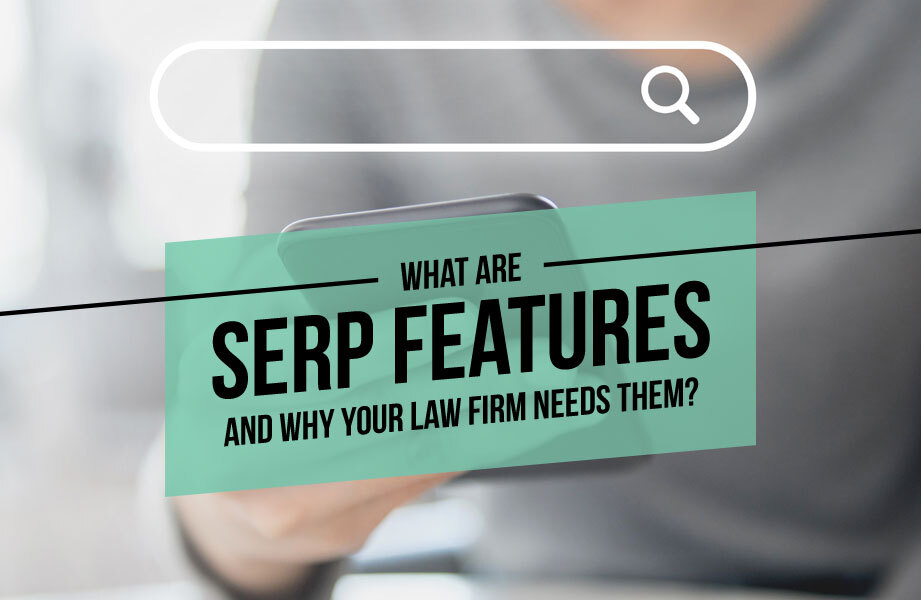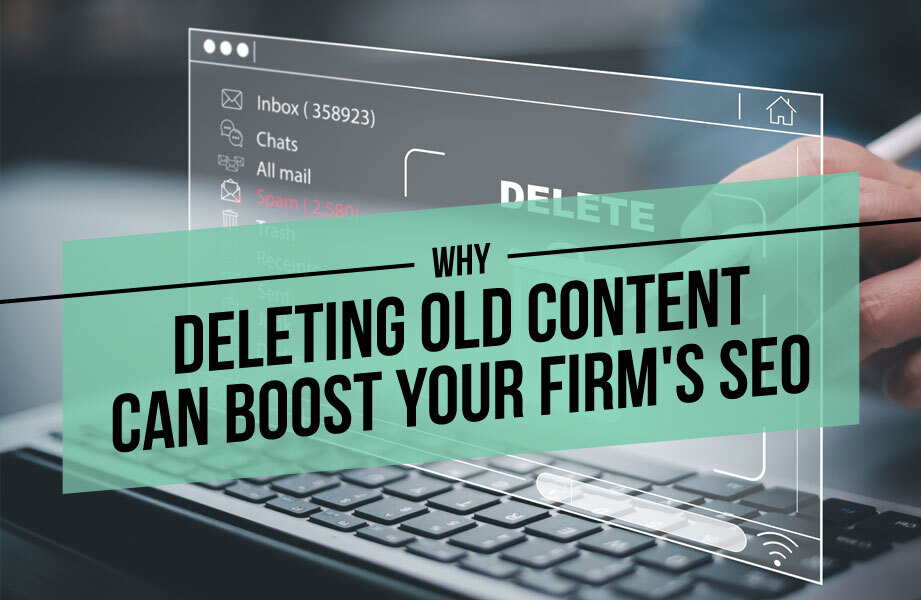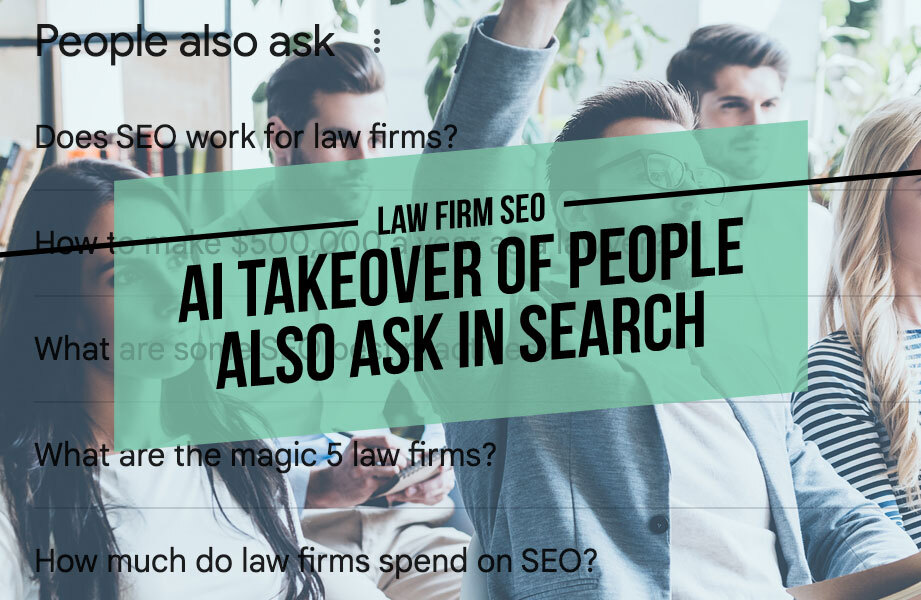
For years, if you asked an SEO expert about getting visibility for your law firm, they would have told you to target Featured Snippets. AI Overview has all but replaced those. The next best thing was the “People Also Ask” box. You’ve seen it a million times in Google’s search results. It’s that dropdown list of related questions.
For a long time, it was a reliable source of visibility. Answering a question well on your website could land you in that box, putting your firm’s name and a direct link to your site in front of potential clients.
But as of Summer 2025, that comfortable and predictable feature is changing right under our noses. It’s no longer a simple window to your website. It’s becoming something else entirely. Google is actively replacing many of those snippets with its own AI-generated answers. This isn’t a small tweak. It’s a fundamental shift in how Google presents information, and your law firm needs a plan to adapt.
The New Reality of People Also Ask
You can look at it like this: your website is no longer the witness on the stand. It’s just one piece of evidence in the AI’s case.
The Way It Was
The old model was straightforward. The PAA box was filled with direct quotes. A user saw a snippet of text pulled directly from your website, and if they wanted to learn more, they clicked a link that took them to your page. You were the direct source, the “witness” providing the testimony. Your firm’s name was right there, attached to the answer.
The Way It Is Now
Today, that’s changing. Based on recent analysis from Search Engine Land and our own observations, Google’s generative AI is now the author of many PAA answers. The AI reads multiple sources, your website, your competitors’ sites, and legal journals. It then synthesizes its own summary. Your website is no longer the star witness. It’s just one piece of evidence the AI considers before it writes its own report and presents it to the user. This is a critical distinction with major consequences.
The Summer of Volatility and The Great Replacement
This isn’t just a theoretical change. We saw it happen in real-time over the summer of 2025, as shown in the trend data below for SERP features across the legal industry.

As you can see, the “People Also Ask” feature (the bright purple/pink bars) saw a massive spike from roughly April to July. Many law firms likely saw a temporary boost in visibility from this expansion. Then, in August, it fell off a cliff. At the same time, AI Overviews (the dark purple bars) saw a noticeable expansion, albeit a smaller one.
So, what happened? The most likely explanation is that Google is actively replacing PAA results with its more advanced AI Overviews. This wasn’t just a test. It appears to be a strategic decision to consolidate its “answer engine” capabilities. Instead of providing a link to your website for an answer, Google now often prefers to provide the answer itself, authored by its AI, and your site shows as just a citation.
Read More: How AI Overviews Are Changing the Map Pack
What This AI Takeover Actually Means for Your Firm
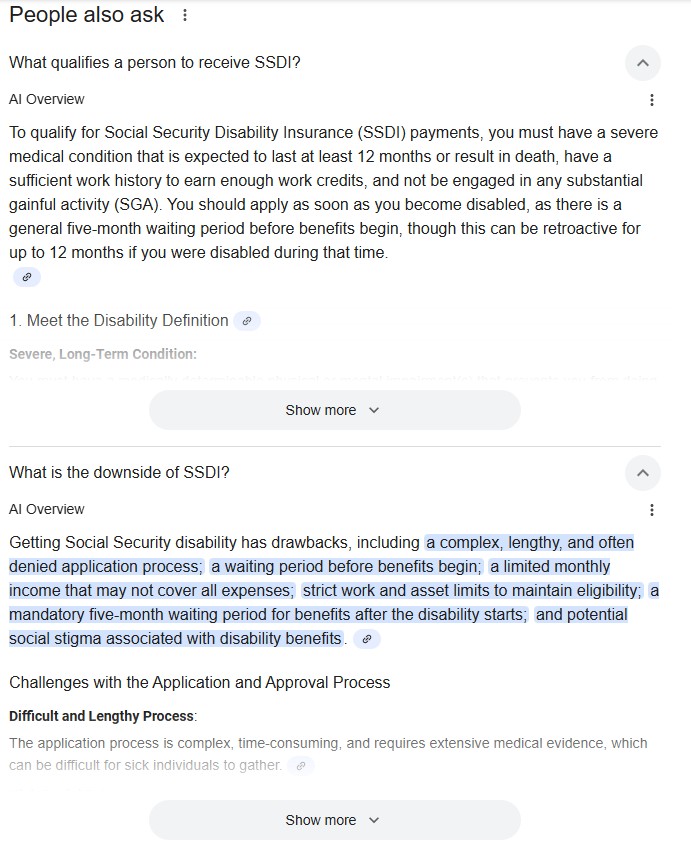
This shift from being a “featured snippet” to being a “cited source” has direct and immediate consequences for your law firm’s marketing efforts.
Here is the silver lining, especially if you are a smaller or highly specialized firm. You can make the AI your ally. A real expert in a narrow field can write content that is much more authoritative than what a big, generic firm produces. The AI is specifically designed to hunt for that kind of deep expertise. If your content is genuinely the best on a niche subject, the AI is more likely to use it as a source. This can give you visibility that used to be impossible to get.
The Threat to Clicks and Traffic
This is the most obvious impact. If the AI’s answer in the PAA box is good enough, the user has no reason to click through to your website. This directly cuts off a valuable stream of organic traffic. It is the “zero-click search” problem, now deeply embedded in a feature that once reliably drove visitors to your site.
The Loss of Message Control
This is a huge risk for law firms. When Google pulled a direct quote from your site, you controlled the exact wording, nuance, and context. Now, an AI is summarizing your complex legal information. What if it gets a detail wrong? What if it oversimplifies a critical point about an aspect of the law or your firm? You lose direct control over the information being presented, even if your firm is cited as a source.
The Dilution of Your Brand
In the old model, your firm’s name was directly attached to the answer, creating a strong brand association. Now, the answer is from “Google,” with your firm potentially listed as one of several sources, or sometimes with no clear source attribution at all. This makes it much harder for your brand to stand out and build authority directly from the search results page.
Your Action Plan: How to Become the AI’s Favorite Source
You cannot fight this change, but you can adapt and win. The new goal is simple. You want to become the source. The strategy is to make your firm’s content so undeniably expert and authoritative that the AI is forced to rely on it as a primary source.
Stop Writing for Snippets Start Writing for Synthesis
The old tactic was to write a perfectly concise 50-word paragraph that Google could easily lift and place in a PAA box. That game is over. The new goal is to create the most comprehensive, clear, and in-depth content on a specific legal topic. You want your page to be the undeniable best piece of “evidence” for the AI to base its summary on. Think of creating definitive guides, not just quick answers.
Structure Your Content for an AI Reader
You have to make it dead simple for Google’s AI to see your expertise. This means your content needs to be perfectly structured. Where it makes sense, use a clear Q&A format. Make your heading a direct question, and then provide a short, direct answer right away before you explain further. Also use logical headings and subheadings to break up your articles.
Double Down on E-E-A-T
In an AI world, trust signals are everything. E-E-A-T (Experience, Expertise, Authoritativeness, Trustworthiness) is your most important asset. The AI is being trained to prioritize sources that demonstrate real-world experience. This is where you must inject your unique legal insights and use specific examples.
Build Your Brand Beyond the PAA Box
Finally, you must acknowledge that relying on PAA for traffic is now a much riskier strategy. This means your other digital assets are more important than ever. Your website needs to attract visitors directly through its authority. Your Google Business Profile must be perfectly optimized to capture local map traffic. Your overall brand recognition must be strong enough that clients seek you out directly.
Focus on Content Formats That Demonstrate Deep Expertise
To create the kind of authoritative content the AI is looking for, focus on developing these specific assets on your website:
- In-Depth Legal Guides: These comprehensive “pillar pages” that cover a legal topic from start to finish are exactly what AI looks for to understand a subject fully. They become the authoritative “treatise” the AI can reliably reference.
- Detailed FAQ Pages: Go beyond a simple list. Create well-structured FAQ pages for each core practice area, marking them up with Schema code. This directly feeds the AI answers to specific questions in a format it is built to understand.
- Attorney Bios that Showcase Real Experience: E-E-A-T (Experience, Expertise, Authoritativeness, Trustworthiness) applies to authors, not just articles. A generic bio is a wasted opportunity. Your attorney bios should be detailed assets, listing publications, speaking engagements, unique legal philosophies, and anonymized case histories that prove real-world experience.
When structuring your content, adopt the “inverted pyramid” style of journalism. Start your pages and key sections with a direct, concise summary of the answer to the core question. This gives the AI a clean, clear takeaway to grab. You can then use the rest of the page to elaborate with the nuance, details, and examples that provide depth for human readers.
Making Your Firm an Authoritative Source for Google’s AI
Let Civille Help You Navigate the AI Shift
You cannot fight today’s SEO battles with yesterday’s maps. The rules are changing faster than ever. The AI takeover of features like “People Also Ask” is not a future problem. It is today’s reality. At Civille, we make it our job to stay ahead of these changes.
We build authoritative websites and develop content strategies specifically for this new AI-driven landscape. The entire goal is to position your firm as the undeniable expert. We want to make your content the go-to source that Google’s AI has to rely on.
If you are ready to build a modern SEO strategy that can weather these changes, reach out to Civille today.
